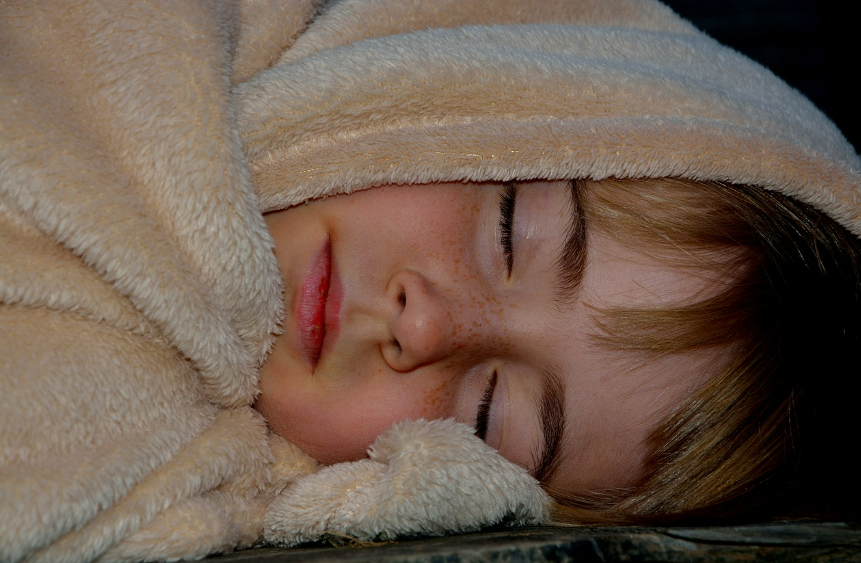100exch, Matchexch9, Laser 247.com: Minimalism is a lifestyle choice that focuses on simplifying one’s life by decluttering and reducing excess. By embracing minimalism, individuals can free themselves from the constant need for material possessions and external validation. This shift in mindset allows for a greater sense of contentment and fulfillment as the focus shifts towards quality over quantity.
Living minimally encourages individuals to prioritize experiences and relationships over material goods, leading to deeper connections and richer experiences. By letting go of the constant craving for more, people can find joy in the simplicity of everyday moments and appreciate the abundance that already exists in their lives. This shift towards a minimalist lifestyle can cultivate a greater sense of gratitude and mindfulness, ultimately contributing to a happier and more fulfilling life.
Decluttering your physical space goes beyond just tidying up your surroundings; it can have a profound impact on your mental and emotional well-being. When you eliminate excess items and create a clean, organized environment, you allow for better focus, increased productivity, and reduced feelings of stress and overwhelm. A clutter-free space can promote a sense of calm and serenity, making it easier to relax and unwind after a long day.
Moreover, a decluttered space can also improve your overall quality of life by enhancing your ability to think clearly and make decisions more efficiently. By removing distractions and minimizing visual noise, you create a peaceful setting that encourages peace of mind and promotes a greater sense of control over your surroundings. Ultimately, the benefits of decluttering your physical space extend far beyond just aesthetics, as it can positively impact various aspects of your life.
Tips for Simplifying Your Daily Routine and Reducing Decision Fatigue
99 Exchange, Big Exchange ID, Maxwin9: Creating a structured daily routine can help streamline your day and reduce decision fatigue. Start by prioritizing your tasks and breaking them down into manageable chunks. This will make it easier to focus on what needs to be done without feeling overwhelmed by a long to-do list. Additionally, try to establish a morning and evening routine to provide a sense of consistency and stability in your day.
Another tip for simplifying your daily routine is to minimize distractions. Find a designated workspace that is free from clutter and noise to help you stay focused and productive. Set specific time blocks for checking emails and social media to prevent constant interruptions and preserve your mental energy throughout the day. By incorporating these simple strategies into your routine, you can create a more efficient and stress-free daily schedule.
� Prioritize tasks and break them down into manageable chunks
� Establish a morning and evening routine for consistency
� Minimize distractions by finding a designated workspace
� Set specific time blocks for checking emails and social media
How can embracing minimalism lead to a happier life?
Embracing minimalism can lead to a happier life by reducing the clutter in your physical space and mental space, allowing you to focus on what truly matters and eliminating distractions that can cause stress.
What are the benefits of decluttering your physical space?
Decluttering your physical space can lead to a more organized and peaceful environment, reduce feelings of overwhelm, increase productivity, and make it easier to find things when you need them.
How can simplifying your daily routine help reduce decision fatigue?
Simplifying your daily routine can help reduce decision fatigue by automating repetitive tasks, minimizing the number of choices you have to make throughout the day, and creating a more streamlined and efficient schedule.
What are some tips for simplifying your daily routine and reducing decision fatigue?
Some tips for simplifying your daily routine and reducing decision fatigue include creating a daily schedule, prioritizing tasks, minimizing distractions, delegating responsibilities, and practicing self-care to recharge and maintain mental clarity.


